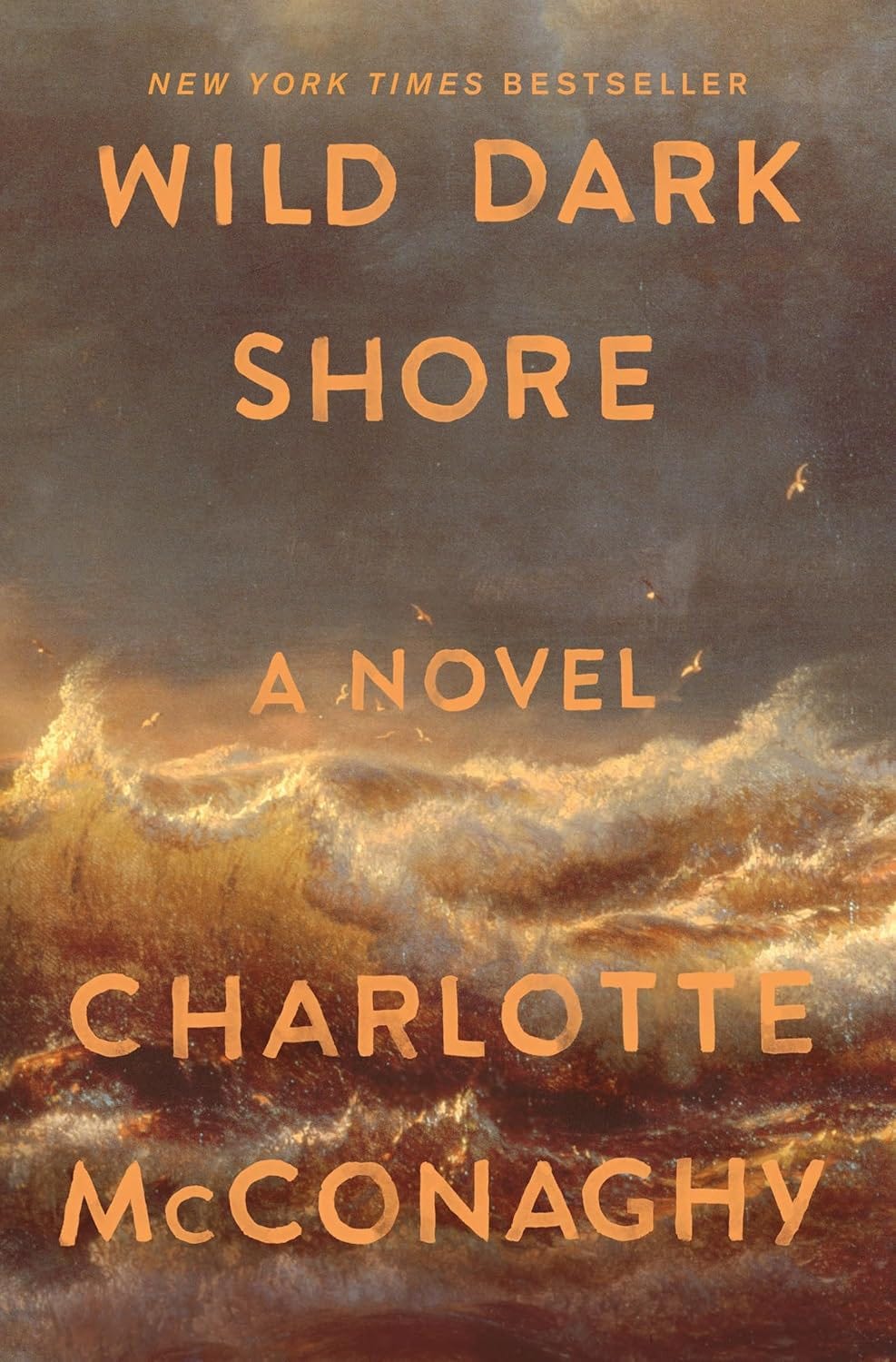On Shearwater Island, where the nearest neighbor is Antarctica, Charlotte McConaghy delivers a stark, emotionally charged novel that refuses easy comforts. Set in an extreme environment facing literal submersion from rising seas, this story unfolds in the harsh external landscape and within the emotional ruins of its characters, shaped by grief, secrecy, and the unrelenting presence of the natural world.

Rowan, the novel's central figure, is introduced amid her physical trauma, shipwrecked, disoriented, and searching for her husband. But what begins as a rescue quickly turns into something far murkier. McConaghy's narrative strategy of employing rotating perspectives among adults and children alike avoids moral certainty, allowing truths to emerge through experience rather than being declared outright. This sophisticated structural choice creates dramatic irony, as readers piece together reality from fragmented viewpoints while characters operate with incomplete knowledge. The result is a novel that operates less like a thriller and more like a slow excavation of personal and planetary pain.
Its characters' inner lives primarily bear the emotional heft of the book. Dominic, the patriarch of the island's lighthouse-dwelling family and the caretaker of one of the planet's seed vaults, is frozen in a long grief that has solidified into a daily routine. His children, each rendered with remarkable authenticity, live in the gravitational pull of a mother lost too young and a father unable to bridge silence with connection. Rowan's arrival disrupts their uneasy balance, and her growing closeness to Dominic risks reanimating memory and loss.
The novel uses environmental collapse as both an external threat and an internal anxiety; the failing seed vault mirrors the characters' internal states while rising sea levels create literal and metaphorical urgency. The seed vault, a global repository designed to preserve plant biodiversity against catastrophic extinction, becomes the novel's most potent symbol of humanity's desperate efforts to preserve itself. McConaghy draws directly from the real 2016 flooding of Norway's Svalbard Global Seed Vault, where melting permafrost compromised what was meant to be humanity's fail-safe against agricultural collapse. The seed vault, the novel's most resonant symbol, doubles as a metaphor for fragile hope and the illusion of control. In transforming this actual climate crisis into fiction, McConaghy reveals how our most carefully constructed safeguards may be undone by the forces they were designed to withstand.
McConaghy's prose is at its most potent in its embodiment of place. The island is alive; it gnashes and whispers, devours and protects. Its wildlife, including seals and penguins, extinct or nearly so, becomes a witness to human loss and ecological disintegration. McConaghy's characters are not in crisis; they are trying, and often failing, to reconcile the need to endure with the need to feel.
Though it addresses larger themes of climate collapse, mental illness, and parental ethics in an unstable world, Wild Dark Shore never overplays its hand. At its core, it is about people trapped between the devastation of the past and the uncertain cost of survival. The story's emotional currents run as deep and dark as the sea surrounding Shearwater Island, and its most profound moments often come not in dramatic reveals but in the quiet reckoning of its characters.
Readers looking for convenient answers or narrative comfort may find this novel emotionally demanding and devastating. But for those willing to sit with discomfort, to navigate a terrain where trauma and love coexist without resolution, Wild Dark Shore is a powerful testament to the complexities of human endurance and the sophisticated artistry required to render such complexity truthfully.

Great review, Jonathan. I read this one in May too and loved it. It's my favourite McConaghy book yet. The characters were all so raw and the environment added to that feeling. I enjoyed the mysterious element of not quite knowing Rowan or Dom enough to understand how safe each was with the other. I really enjoyed reading your take on the book.